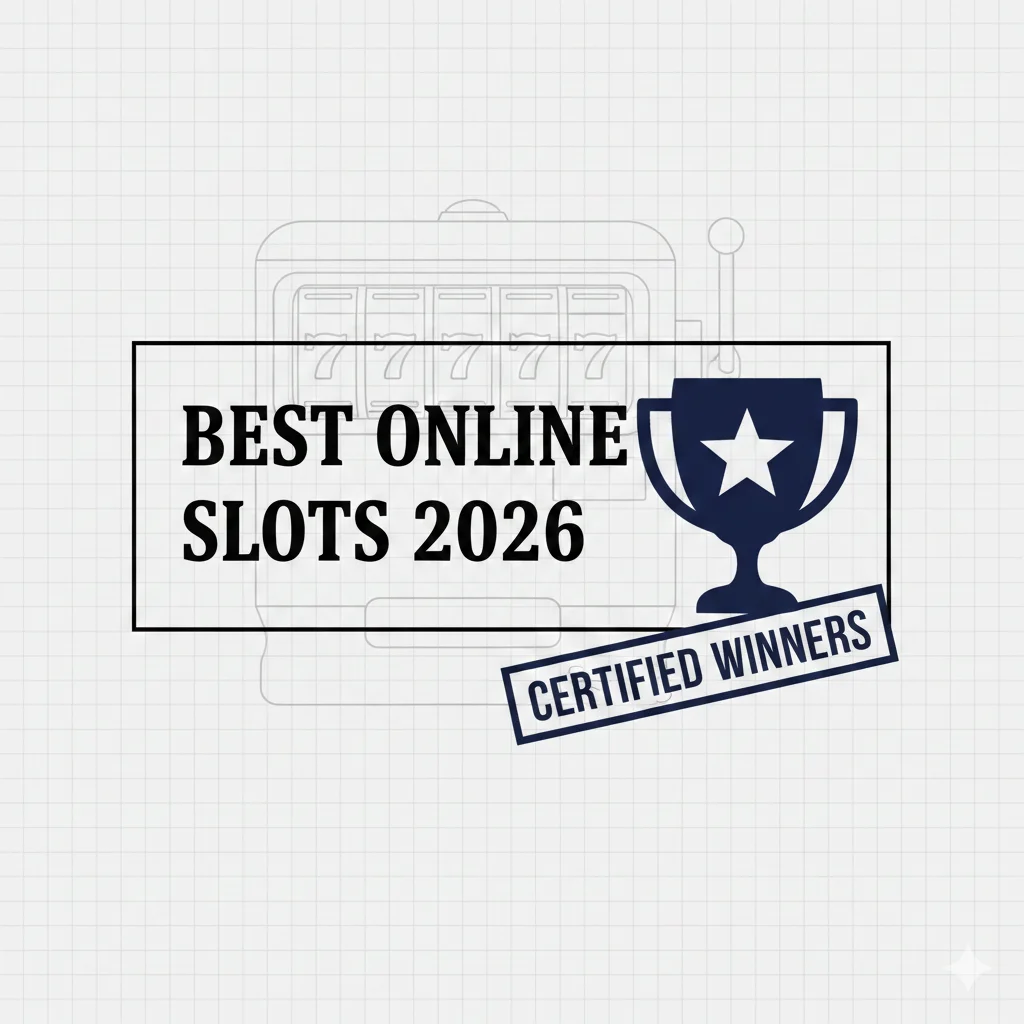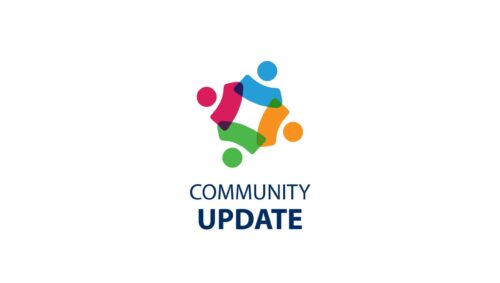Tech for Senior Adults
Closing the technology gap for older adults matters, and the past year has made that abundantly clear.

The COVID-19 pandemic brought with it a rapid acceleration of telehealth as people looked for ways to access care safely. While technology kept many in the United States connected to care and loved ones, many low-income older adults were left behind by the sudden need to understand and access technology and internet services.
However, among those who could stand to benefit the most from these services are 22 million older adults (age 65 and older) in the United States who don’t have broadband access at home. What’s more, older adults (age 62 and older) with an income below $25,000 are 10 times more likely to be offline at home. Many older adults lack the technological literacy needed to leverage digital resources for health and social support.
New efforts are helping to address these inequities. CITRIS Health, an organization dedicated to advancing the well-being of older adults and family caregivers with enabling technology, recently launched “Lighthouse for Older Adults.” This project is offering one-on-one training, in-language support and peer-based technical support to equip older adult residents of affordable housing communities with high-speed broadband access, user-friendly devices and digital literacy training.
Following an initial pilot, participants reported both an increase in device usage as well as confidence in using their devices. Technology helped to connect them to loved ones they were isolated from, and improved their overall health and wellbeing by reducing social isolation and loneliness.
When asked about their favorite part of using a Google device, one participant stated, “Being able to connect visually with family and friends. And visually means a lot.”
Those at the helm of the project say they hope its success will serve as a model for other such programs.
“Older adults have so much to gain from the connections and health care opportunities available with internet access and a basic understanding of technology,” says CITRIS Health director and Lighthouse project lead David Lindeman. “We’re eager to see this program replicated to improve equity in telehealth.”
For resources that can help other organizations implement similar programs, visit the Lighthouse project page on the CITRIS Health website, citris-uc.org.
The COVID-19 pandemic has made it clear that technology literacy and access are more crucial for older adults than ever before. When it comes to improving the health and well-being of communities, addressing this gap is essential.










